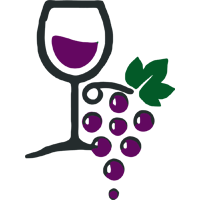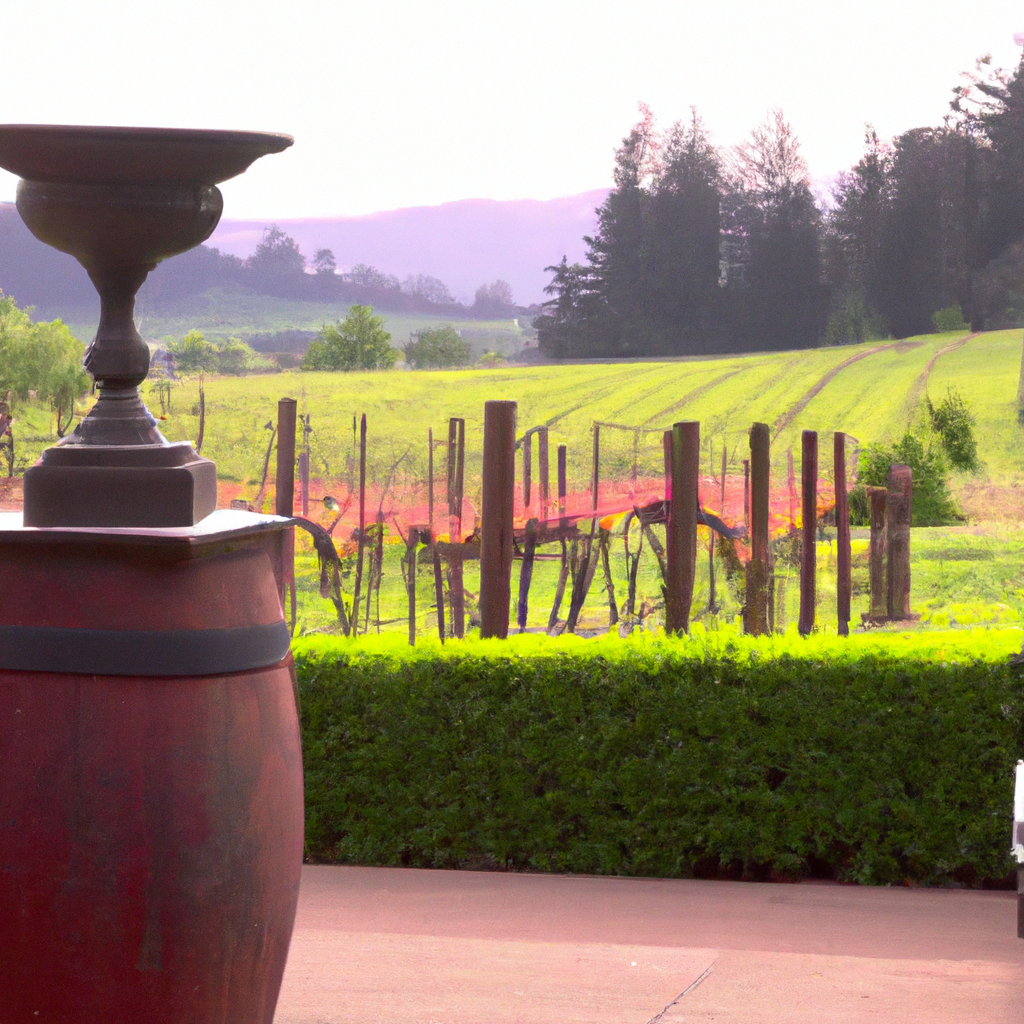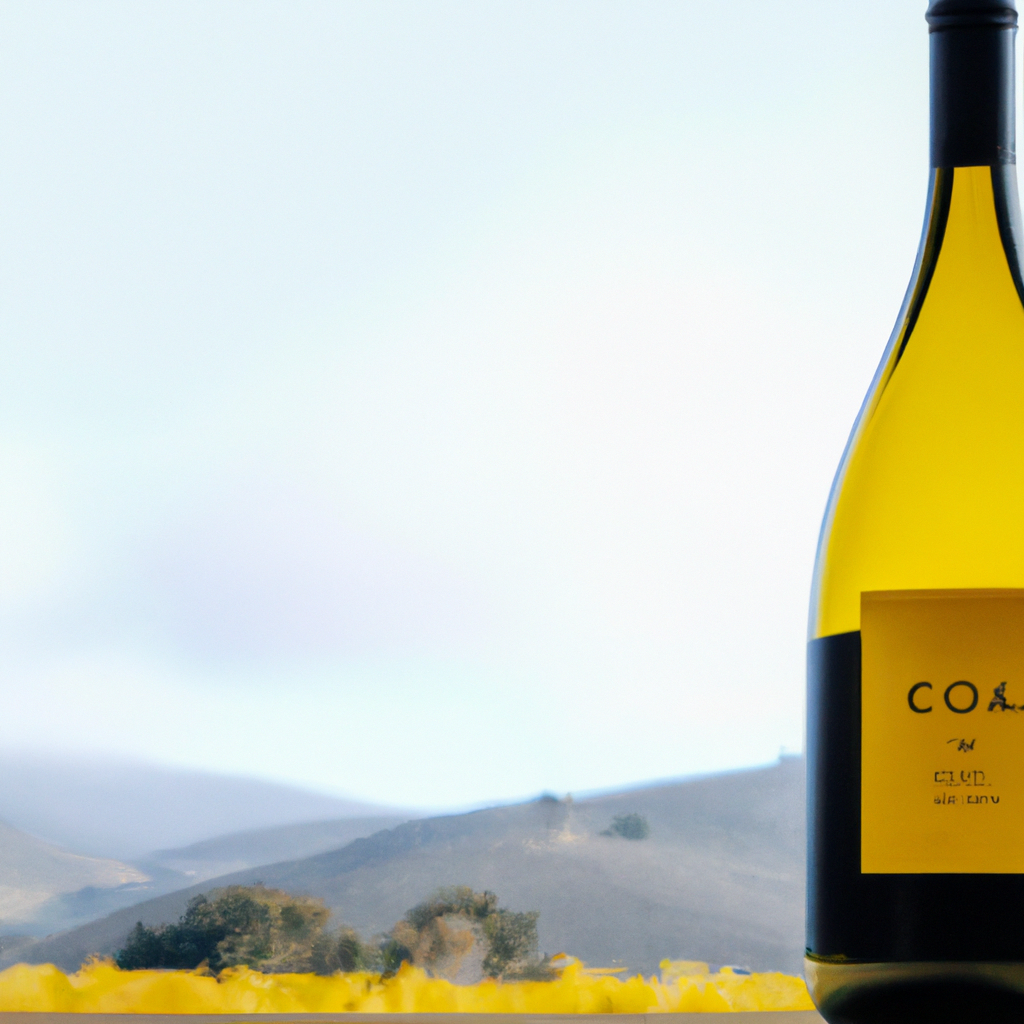America’s Top Eco-Friendly Wineries
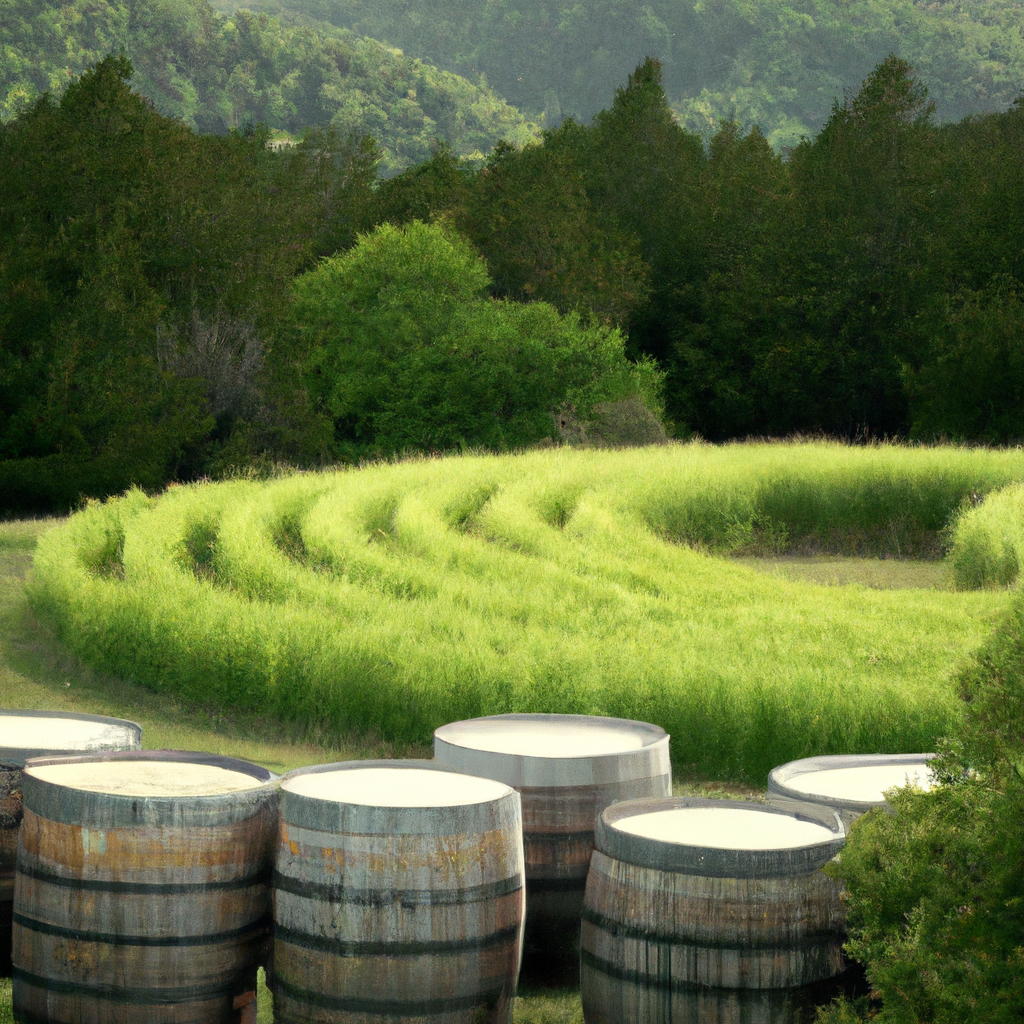
-
Article Summary
- America’s Top Eco-Friendly Wineries
- Key Takeaways
- Introduction: The Rise of Eco-Friendly Wineries
- Frog’s Leap Winery: A Pioneer in Organic Farming
- Benziger Family Winery: Embracing Biodynamic Farming
- Sokol Blosser Winery: Prioritizing Water Conservation
- FAQ Section
- What is organic farming?
- What is biodynamic farming?
- What is water conservation?
- How does eco-friendly wine production benefit the environment?
- How can consumers support eco-friendly wineries?
- Conclusion: The Future of Winemaking is Green
- Key Takeaways Revisited
America’s Top Eco-Friendly Wineries
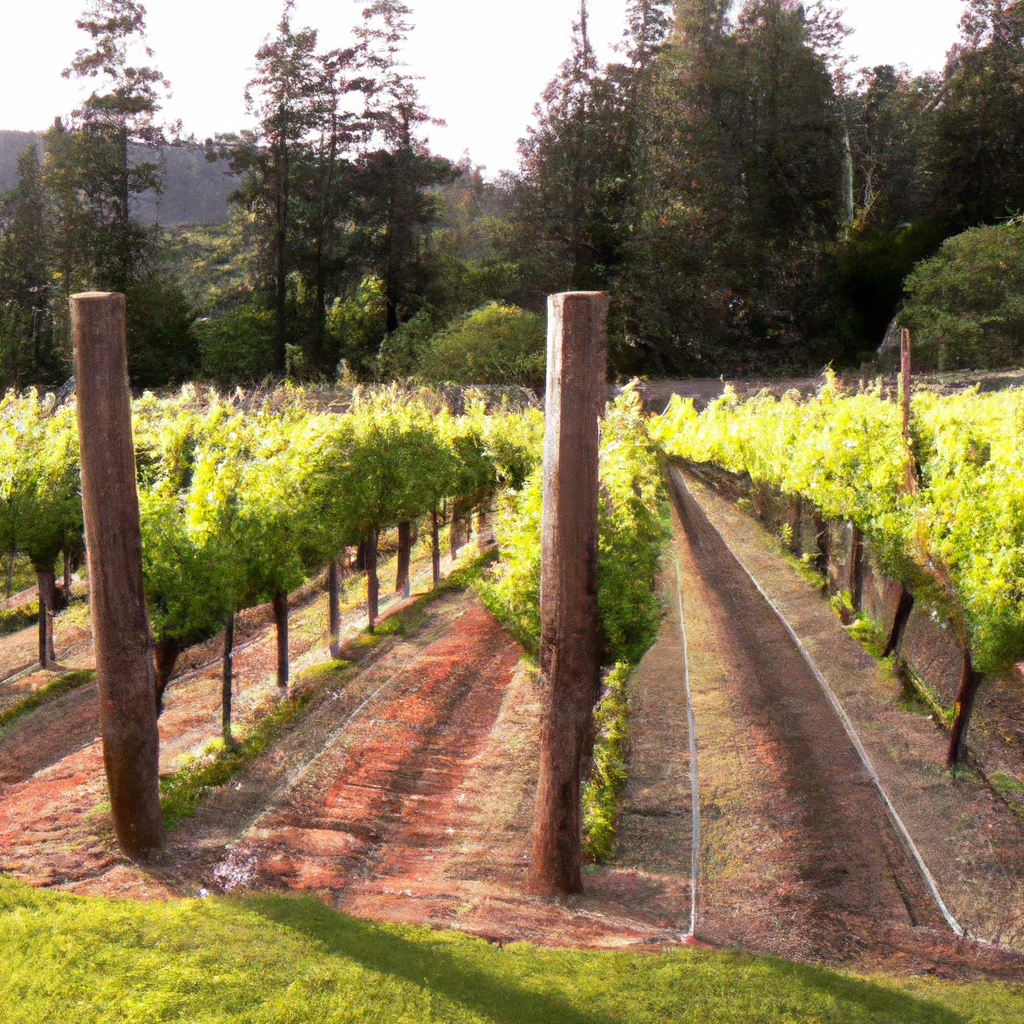
[youtubomatic_search]
Key Takeaways
- Many wineries in America are adopting eco-friendly practices to reduce their environmental impact.
- Wineries such as Frog’s Leap, Benziger Family Winery, and Sokol Blosser are leading the way in sustainable wine production.
- Eco-friendly practices include organic farming, biodynamic farming, and water conservation.
- These practices not only benefit the environment but also enhance the quality of the wine.
- Consumers can support these wineries by purchasing their wines and visiting their vineyards.
Introduction: The Rise of Eco-Friendly Wineries
As the world becomes more conscious of the environmental impact of various industries, many wineries in America are stepping up to the plate by adopting eco-friendly practices. These wineries are not only reducing their carbon footprint but also enhancing the quality of their wines, proving that sustainability and quality can go hand in hand. This article will explore some of America’s top eco-friendly wineries and the practices they are implementing to make a difference.
Frog’s Leap Winery: A Pioneer in Organic Farming
Located in Napa Valley, California, Frog’s Leap Winery has been a pioneer in organic farming since its establishment in 1981. The winery is committed to producing wines that are not only delicious but also good for the earth. They use organic farming methods, which means no synthetic pesticides or fertilizers are used. Instead, they rely on natural processes and beneficial insects to maintain the health of their vineyards. According to a study by the Organic Trade Association, organic farming can reduce greenhouse gas emissions by up to 50% compared to conventional farming methods.
Benziger Family Winery: Embracing Biodynamic Farming
Another winery leading the way in sustainable wine production is the Benziger Family Winery, located in Sonoma County, California. This winery practices biodynamic farming, a holistic approach that views the vineyard as a living ecosystem. Biodynamic farming not only eliminates the use of synthetic chemicals but also incorporates practices such as composting, cover cropping, and animal integration to enhance soil health and biodiversity. According to a study published in the Journal of Wine Economics, biodynamic wines are often rated higher in quality than their conventional counterparts.
Sokol Blosser Winery: Prioritizing Water Conservation
In Oregon’s Willamette Valley, Sokol Blosser Winery is making strides in water conservation. The winery uses drip irrigation, which delivers water directly to the roots of the vines, reducing water waste. They also capture and reuse rainwater for irrigation. According to the Water Footprint Network, it takes an average of 29 gallons of water to produce a glass of wine, making water conservation a crucial aspect of sustainable wine production.
FAQ Section
What is organic farming?
Organic farming is a method of farming that avoids the use of synthetic pesticides and fertilizers. Instead, it relies on natural processes and beneficial insects to maintain the health of the crops.
What is biodynamic farming?
Biodynamic farming is a holistic approach to farming that views the farm as a living ecosystem. It incorporates practices such as composting, cover cropping, and animal integration to enhance soil health and biodiversity.
What is water conservation?
Water conservation refers to practices that aim to reduce water use and waste. In the context of winemaking, this can include methods such as drip irrigation and rainwater capture and reuse.
How does eco-friendly wine production benefit the environment?
Eco-friendly wine production can reduce greenhouse gas emissions, enhance soil health and biodiversity, and conserve water. These practices can help mitigate climate change and preserve natural resources.
How can consumers support eco-friendly wineries?
Consumers can support eco-friendly wineries by purchasing their wines and visiting their vineyards. They can also spread the word about these wineries and their sustainable practices.
Conclusion: The Future of Winemaking is Green
As we have seen, many wineries in America are leading the way in sustainable wine production. Through practices such as organic farming, biodynamic farming, and water conservation, these wineries are reducing their environmental impact and enhancing the quality of their wines. As consumers, we can support these wineries and contribute to a greener future for the wine industry.
Key Takeaways Revisited
- Many wineries in America are adopting eco-friendly practices to reduce their environmental impact.
- Wineries such as Frog’s Leap, Benziger Family Winery, and Sokol Blosser are leading the way in sustainable wine production.
- Eco-friendly practices include organic farming, biodynamic farming, and water conservation.
- These practices not only benefit the environment but also enhance the quality of the wine.
- Consumers can support these wineries by purchasing their wines and visiting their vineyards.
[youtubomatic_search]
